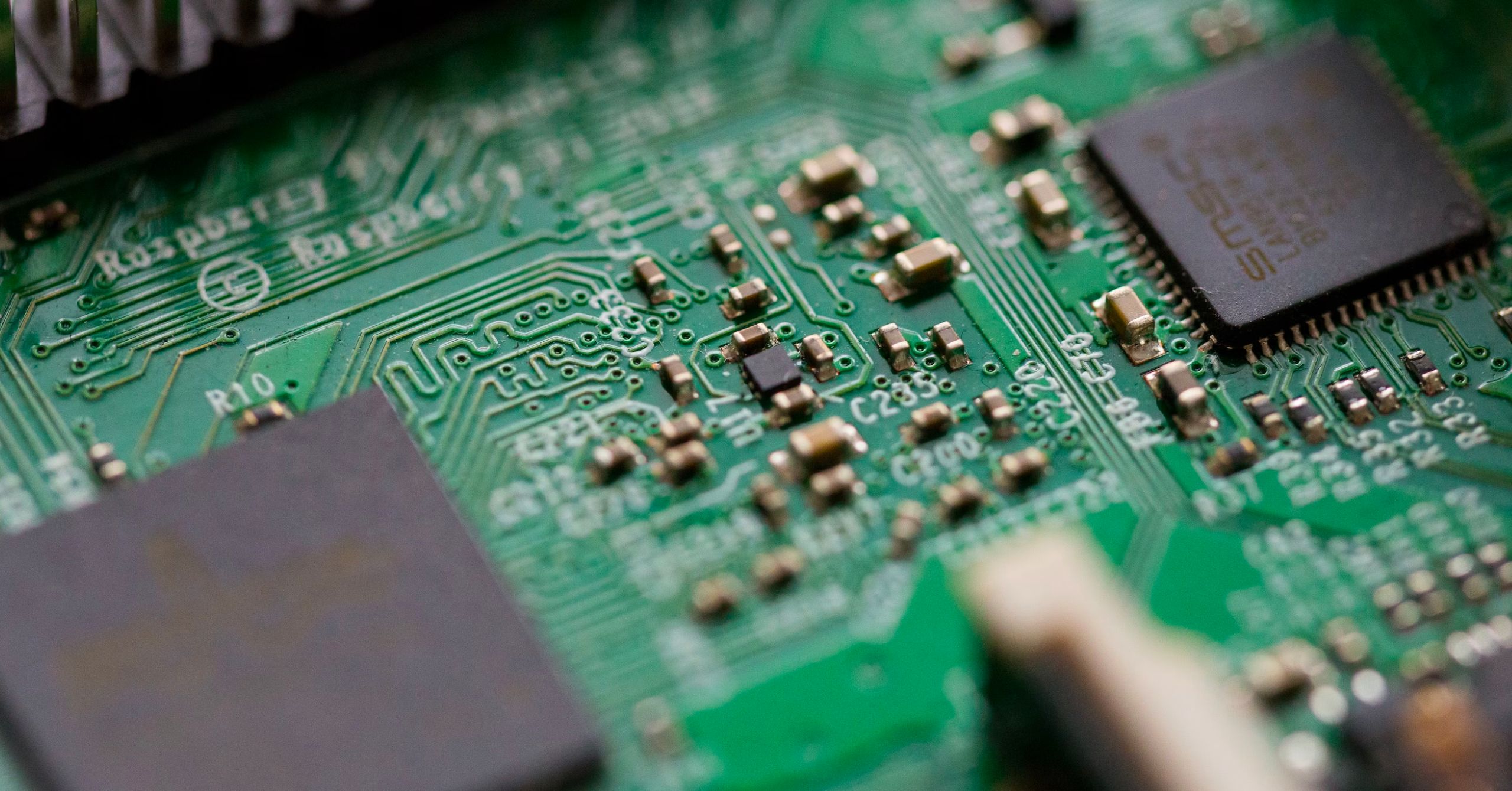Japanese Electronic Parts Firm Finalizes Expansion Plans in the Philippines

Electronic parts maker Murata Manufacturing formally finalizes its plans to put up its new production building in Tanauan City, Batangas.
The Philippines is recognized as one of the leading electronics manufacturers in Southeast Asia. With its high demand for electronic products, the country has seen a spur of domestic manufacturers, as well as imports from other countries like Japan. What’s more, according to statistics, there are a lot of imported goods that the country receives from Japan, and the most in-demand among all of them are electrical or electronic components.
In 2022, the Philippines received around $3.84 billion (around PHP 217.38 billion) worth of electrical and electronic equipment from Japan. Aside from those that they import to the country, some Japanese companies have also expanded their businesses in the country.
Among those that have shared their expansion plans in the Philippines is Murata Manufacturing—a company that specializes in electronic components, mostly capacitors. So far, the company has already finalized its JPY 11.2 billion (around PHP 4.4 billion) expansion plans in the country, as confirmed by the Department of Trade and Industry (DTI).
Expanding Operations in the Philippines
According to DTI, the local unit of Murata Manufacturing will be spending around PHP 4.4 billion for their new production building at the First Philippine Industrial Park in Tanauan City, Batangas.
“The construction of a new production building is a follow through to the signing of the Letter of Intent (LOI) between Murata and DTI on February 10, 2023, which was also witnessed by President Ferdinand R. Marcos Jr.,” said DTI Secretary Alfredo Pascual.
“With the demand expected to grow in the global market, we would like to explore to grow in the global market, we would like to explore how we can encourage Japanese companies to expand and upgrade their operations in the Philippines,” Pascual adds.
Murata Manufacturing will be expanding its operations here in the country to meet the growing demand for multilayer ceramic capacitors (MLCCs). This move is believed to be in line with the growth of emerging technologies such as the electrification of cars, the Internet of Things, and 6G communications technology.
By having more companies like these in the country, Filipinos can have better access to highly improved electronics. Given the credibility of Japan in terms of technology, Filipinos may find it easier to improve their businesses by harnessing modern technology into their operations—especially as components become more accessible in the country.



